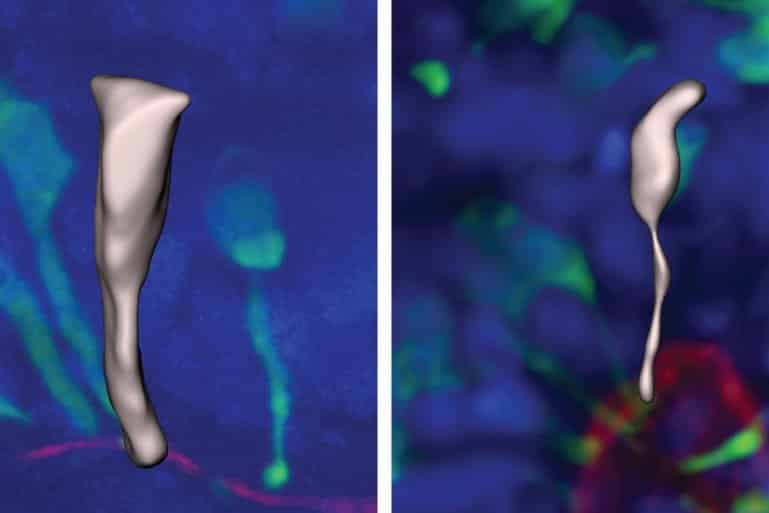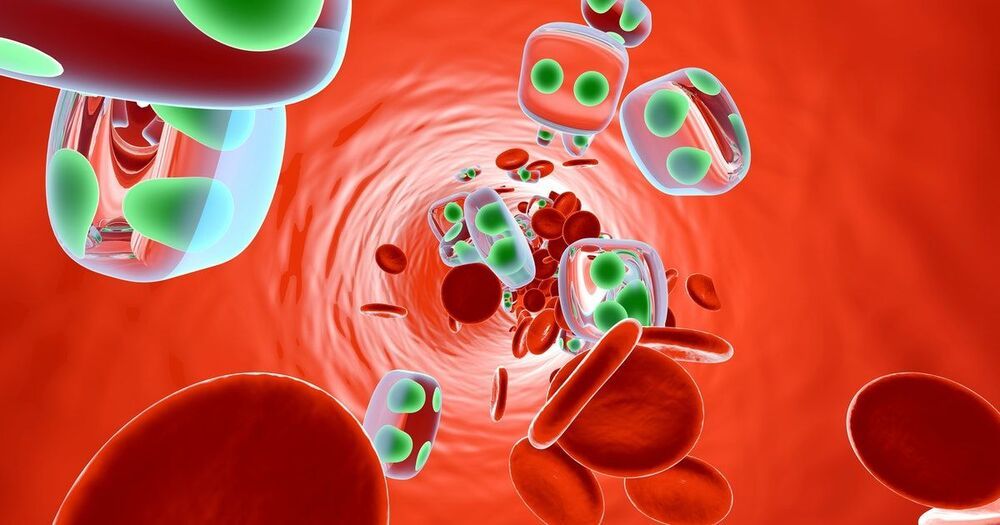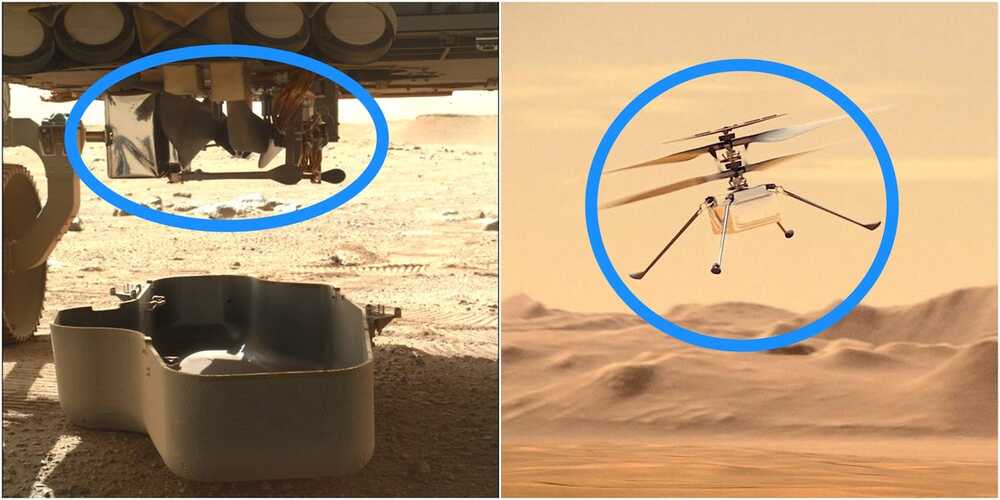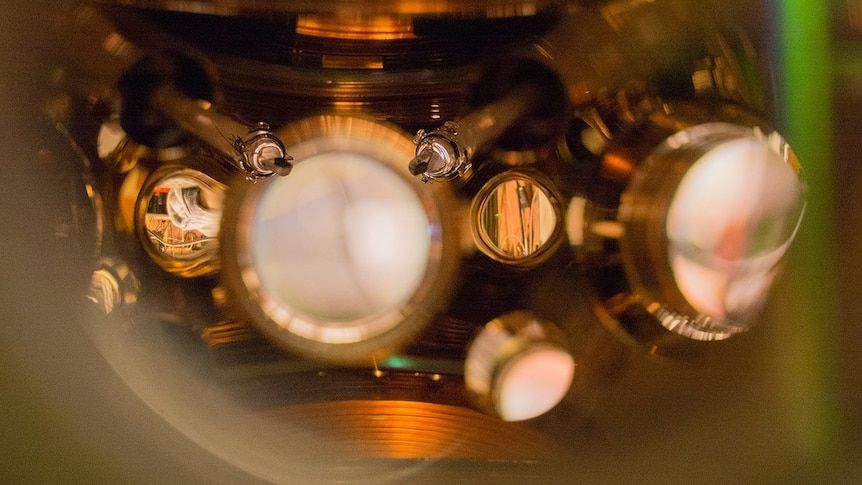The scientists used interviews to convince some study subjects they had undergone childhood events that didn’t happen to them, such as getting lost or being in a car accident, according to a report published Monday in the scientific journal Proceedings of the National Academy of Sciences.
Then the researchers said they used other interview techniques that prompted the volunteers to reassess the memories and help realize they might be false or misremembered.
The work confirms previous research on the malleability of memories while pointing to potential techniques for recognizing and rooting them out.





